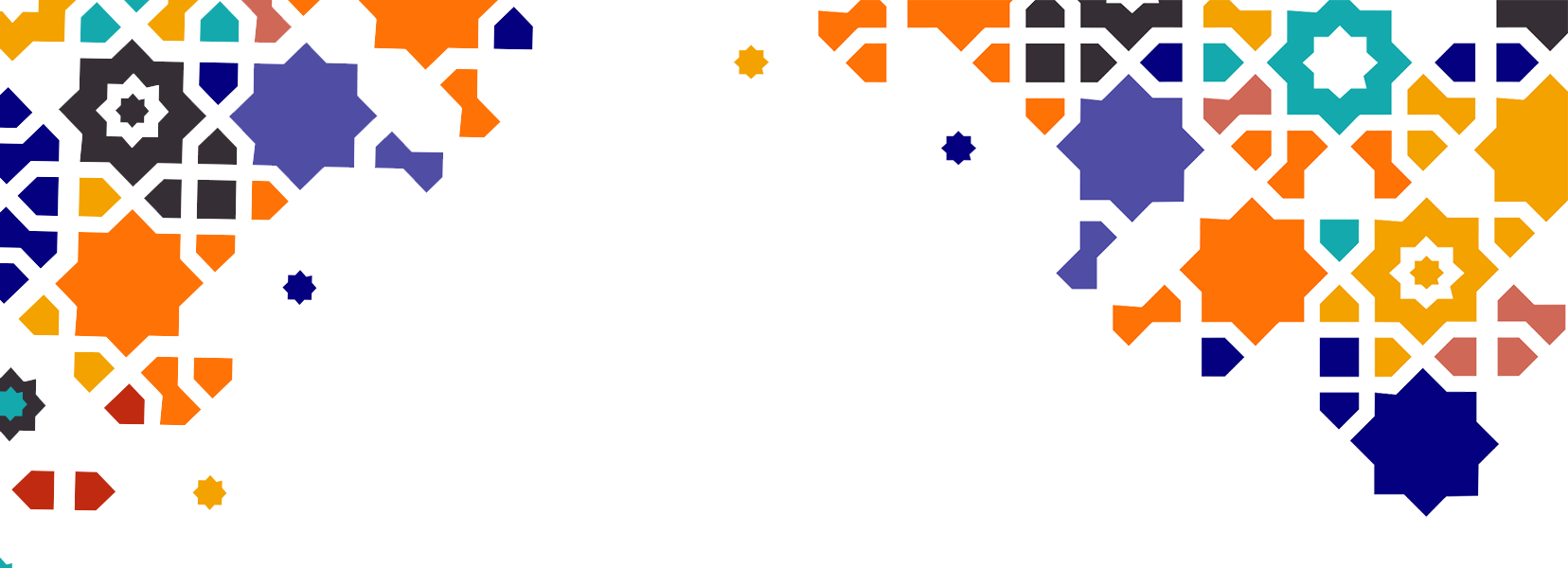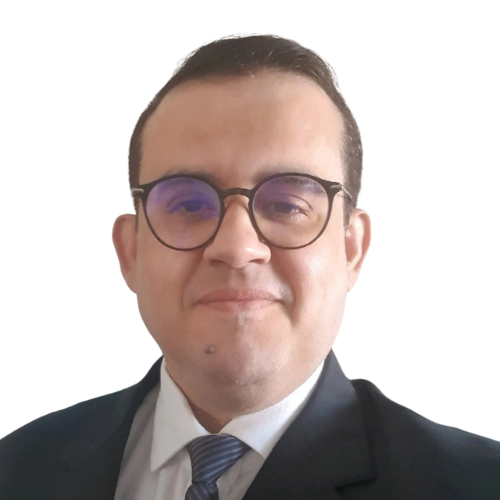
Ṭāhā Ḥusayn and the light of the mind: A man, a work, a love

A Childhood in Darkness
Ṭāhā Ḥusayn was born in 1889 in the village of al-Minya, Upper Egypt. At the age of three, he lost his sight due to an untreated infection—a defining event that haunted his writing but never broke his will. In his three-volume memoirs, he recalls a childhood marked by poverty, popular piety, and the weight of tradition. What he sought, however, was not pity, but access to knowledge.
Gifted with exceptional intelligence, he memorized the Qur’an, pursued religious studies at al-Azhar, then enrolled at the Egyptian University (today Cairo University) before earning a scholarship to France. There, he discovered modern philosophy, philology, comparative history—and above all, another way of thinking.
The Meeting of Two Worlds: Suzanne
It was in Paris, in 1915, that Ṭāhā Ḥusayn met Suzanne Bresseau, a young student of literature, a practicing Catholic, cultivated and independent. They fell in love and married in 1917, despite the reservations on both sides. He, an Egyptian, Muslim, and blind. She, a French Catholic from the Burgundy bourgeoisie. Their union was far more than a love story: it was an intellectual partnership, an alliance of souls and ideas.
Suzanne became his eyes—but not only that. She was his secretary, reader, translator, and adviser. She corrected his manuscripts, read him French works, helped refine his style—often imbued with Voltairean clarity. She typed his dictated pages, sometimes in urgency, sometimes in pain. In his autobiography, Ṭāhā affectionately refers to her as “Madame.”
After his death in 1973, Suzanne published a moving memoir, Avec Toi, recounting their shared life, blending admiration, tenderness, gentle irony, and restrained sorrow. She wrote:
“You were the strength, and I the voice; you were the ardor, and I the patience.”
The Struggle for Reason and Education
Returning to Egypt after his studies in France, Ṭāhā Ḥusayn embarked on an exceptional academic and administrative career. He taught literature at Cairo University, directed the journal al-Kātib al-Miṣrī, became dean of the Faculty of Arts, and in 1950 was appointed Minister of Education under the Wafd government.
His battles were clear: to defend secularism, promote free and universal education, introduce the modern humanities into universities, and above all, liberate Arab thought from the weight of taboos. He championed an Arab culture open to the world, inspired by Greek philosophy, the European Enlightenment, and the critical spirituality of Islam. His motto:
“Knowledge, like bread, is a right for all.”
He translated Homer, wrote essays on pre-Islamic poetry, studied Ibn Khaldūn and Abū al-ʿAlāʾ al-Maʿarrī. He also authored powerful literary works such as The Days (al-Ayyām), his autobiography, and The Voice of Abu Alaa, a cry against religious obscurantism.
An Oeuvre of Rupture and Dialogue
Ṭāhā Ḥusayn never ceased to provoke debate. His 1926 book On Pre-Islamic Poetry questioned the authenticity of many poems attributed to pre-Islamic Arabia. Applying critical methods inspired by European historical scholarship, he sparked a media storm. Some accused him of blasphemy, others—more insidiously—of “Westernization.”
But his aim was neither brutal rupture nor blind imitation of the West. What he sought was a demanding dialogue between Arab tradition and the tools of modernity. He rejected both identity retreat and colonial alienation.
Here, Suzanne’s role was discreet yet fundamental. She was his emotional anchor, his cultural bridge, the living memory of another relationship with Europe—more nuanced than political domination. She allowed him to think in Arabic with the rigor of a mind shaped by French critical thought, without ever betraying his roots. Their children were raised in French. Suzanne herself never learned Arabic.
A Couple as a Living Metaphor
In this sense, the couple Ṭāhā and Suzanne embodied a living metaphor of the dialogue of civilizations: a relationship founded not on uniformity but on listening, respectful confrontation, and mutual regard. Their marriage was, in practice, a laboratory of coexistence between enlightened Islam and open Christianity, between Arab and European culture.
Suzanne never sought to convert her husband. He never required her to submit to his religious or national identity. Their bond rested on loyalty to each other’s freedom—a quiet yet powerful lesson in an era marked by identity tensions.
A Living Legacy
Ṭāhā Ḥusayn died in 1973, leaving behind a vast body of work translated into many languages and studied in universities across the Arab world. But his legacy extends beyond his books: it lies in the possibilities he opened for future generations to think freely, to critique without destruction, to transmit without dogma.
He showed that one could be blind and still see further than one’s time. That one could be Arab without closing oneself to the world. And that sometimes, it is love that gives form to thought.
Ṭāhā Ḥusayn’s life was a constant call to light: the light of the mind, of reason, of critique, but also of shared affection. In the shadow of his blindness, a woman accompanied him to the end—not as an assistant, but as an intellectual and moral accomplice.
In paying tribute to Ṭāhā, we also honor Suzanne: the couple who made of love a lasting conversation between two worlds, two languages, two visions—a silent model, more necessary today than ever.

